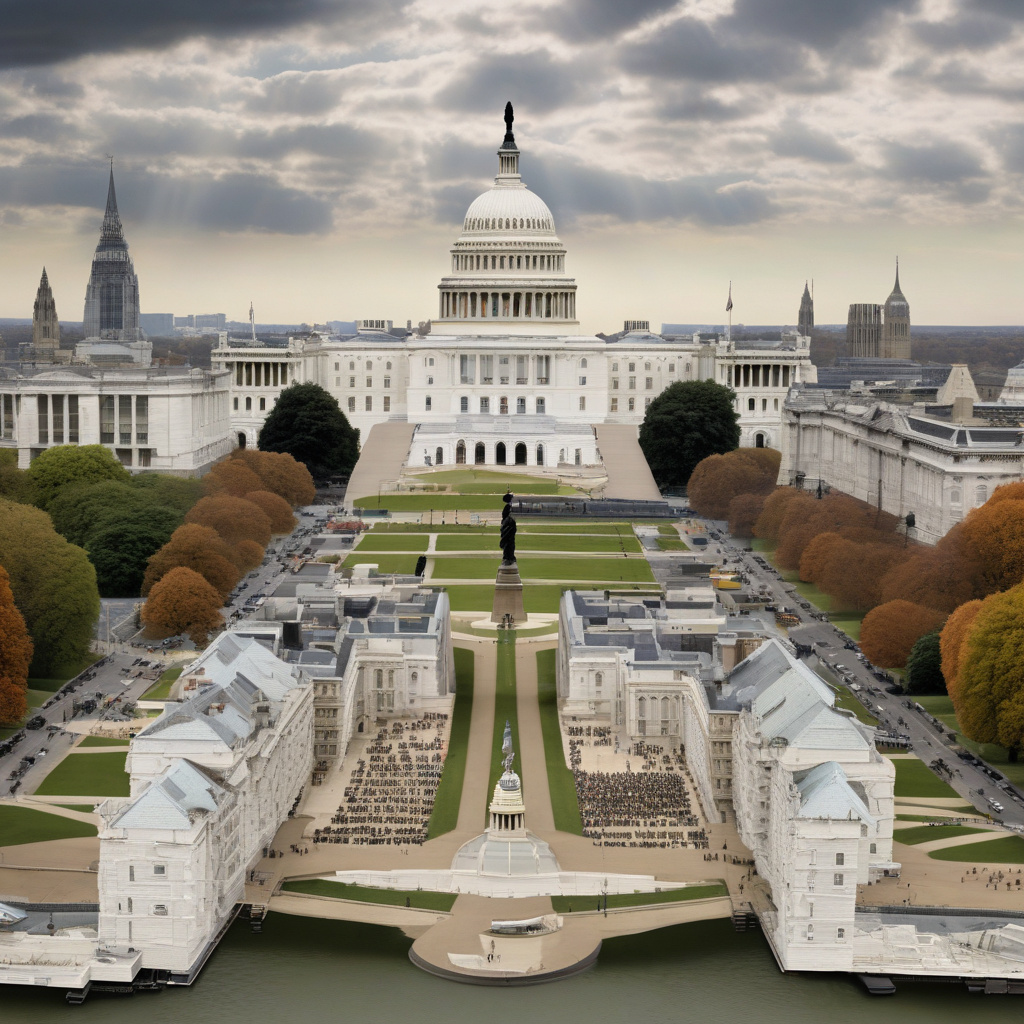The US Criticizes UK’s Encryption Backdoor Request
A recent clash between the US and the UK has brought to light a contentious issue surrounding encryption backdoors. The UK government’s attempt to pressure Apple into creating a backdoor in its encryption has sparked criticism from a senior US official. In a letter penned by US national intelligence director Tulsi Gabbard, concerns were raised about the implications of such a request on privacy and civil liberties.
Gabbard’s response highlights the gravity of the situation, emphasizing the potential violation of Americans’ personal encrypted data and the increased vulnerability to cyber exploitation by malicious actors. This stance underscores the importance of maintaining robust encryption standards to safeguard sensitive information in an increasingly digital world.
The Global Encryption Debate
The debate over encryption rules transcends borders, with countries like Sweden and members of the European Union also grappling with similar issues. Instances where secure messaging services are pressured to compromise encryption for government access have become more prevalent, raising concerns about the erosion of end-to-end encryption protocols.
The recent UK incident involving Apple reflects a broader trend where governments seek backdoors into encrypted systems, risking the security and privacy of individuals. By scrutinizing the legality of such demands and their implications under existing agreements, Gabbard’s letter sheds light on the complexities of balancing national security interests with individual rights.
Diverging Perspectives on Encryption
While the US government condemns the UK’s push for an encryption backdoor, internal dynamics reveal a nuanced approach to the issue. Contrary to Gabbard’s stance, US law enforcement agencies have expressed their own desire for access to encrypted messaging platforms. This disparity underscores the intricate interplay between security imperatives and privacy concerns in the digital landscape.
The diverging perspectives within the US government hint at a complex power play, where maintaining control over encryption backdoors becomes a matter of national interest. As stakeholders navigate this intricate terrain, the need for transparent and principled approaches to encryption governance becomes increasingly evident.
In conclusion, the clash between the US and the UK over encryption backdoors underscores the multifaceted challenges posed by evolving digital technologies. Striking a delicate balance between security needs and individual liberties is paramount in shaping encryption policies that uphold privacy and cybersecurity in a rapidly changing world. By fostering dialogue and cooperation, policymakers can navigate these complexities while safeguarding the integrity of encryption standards.

